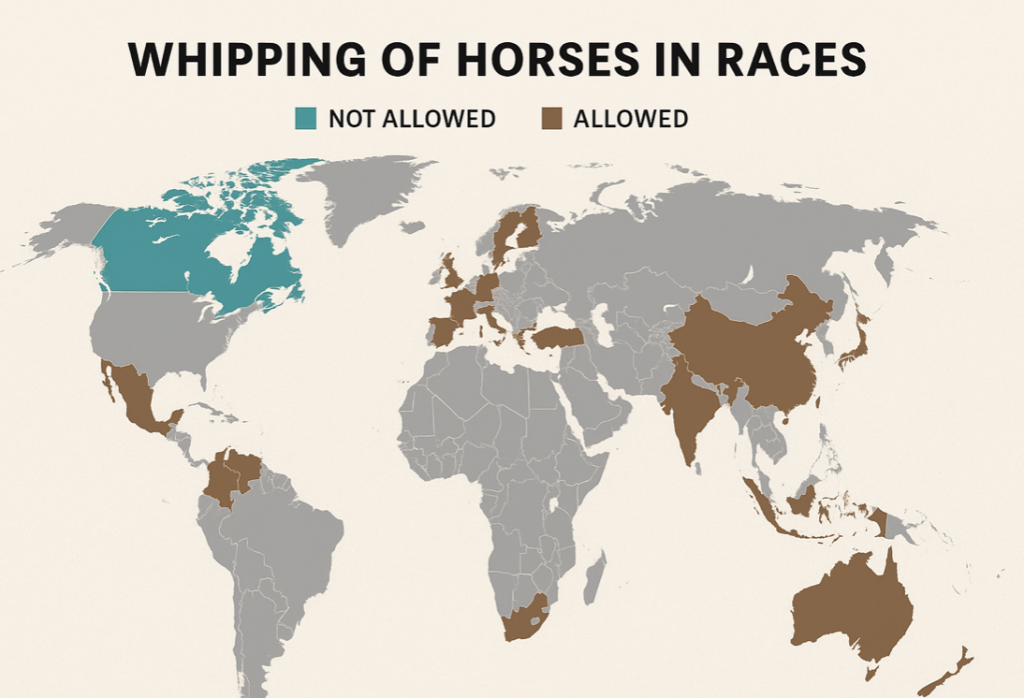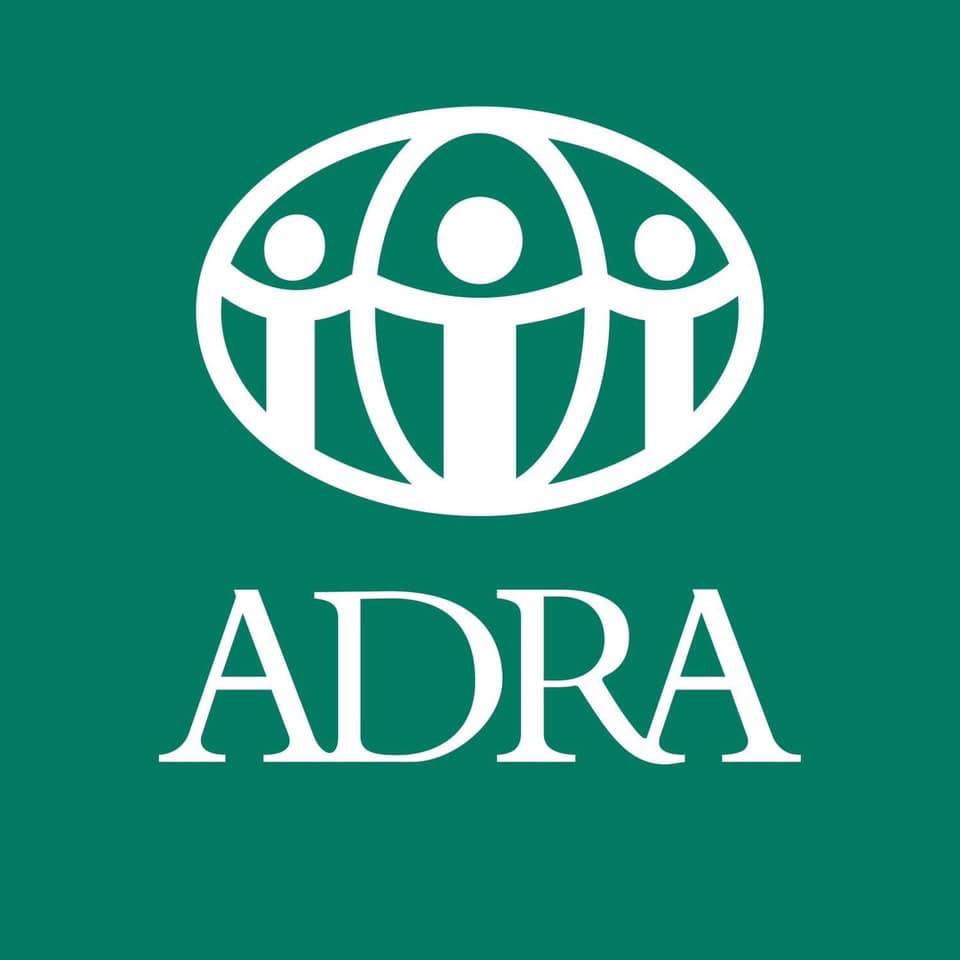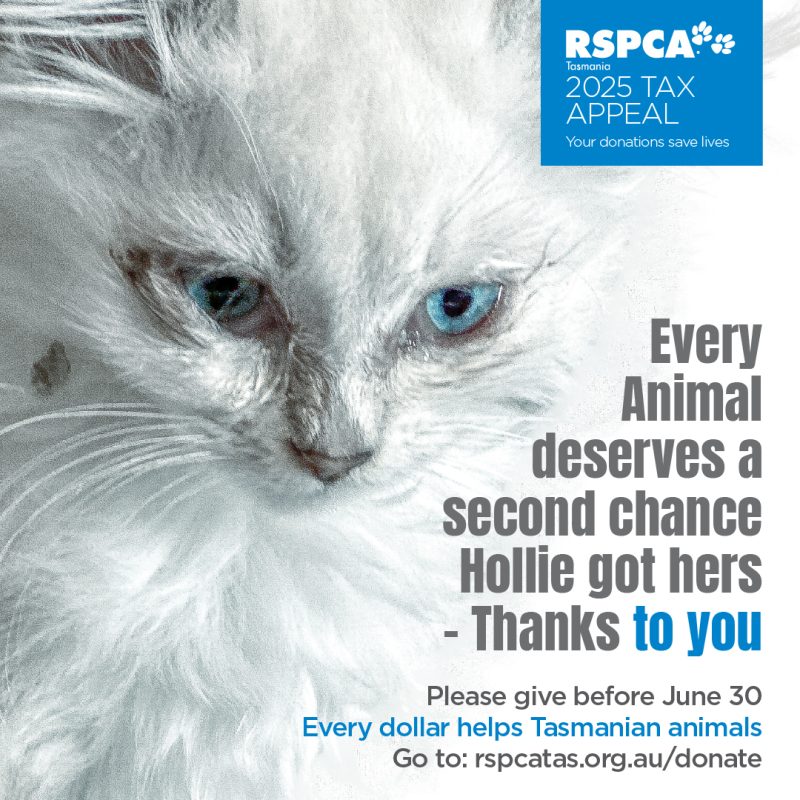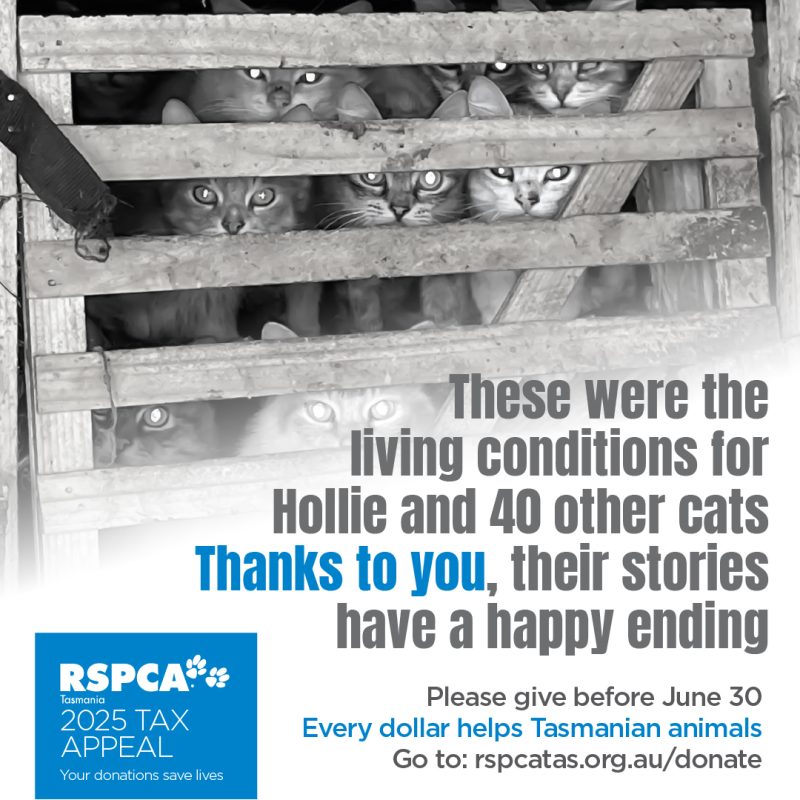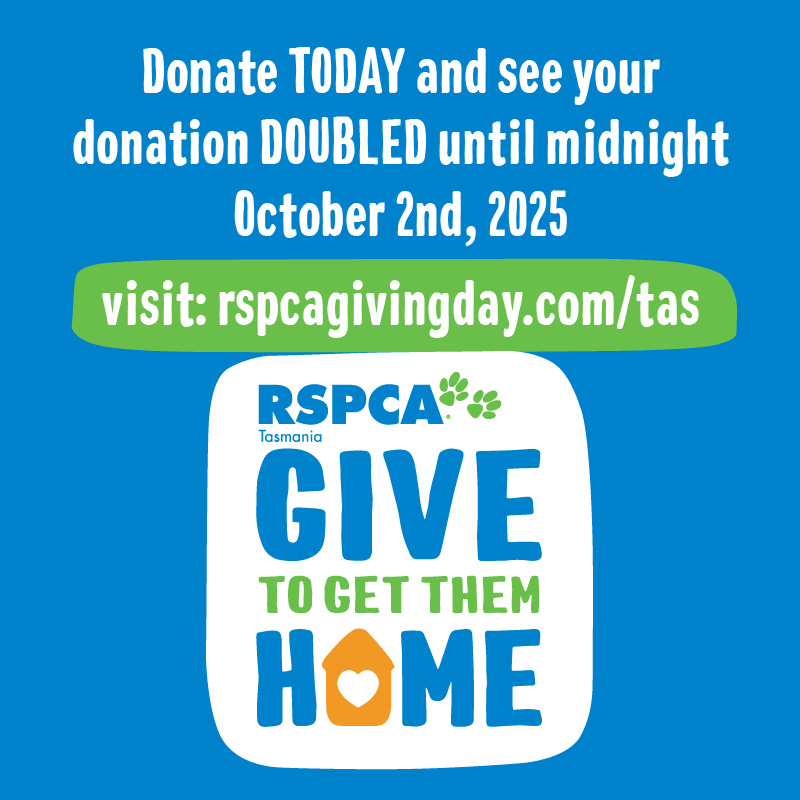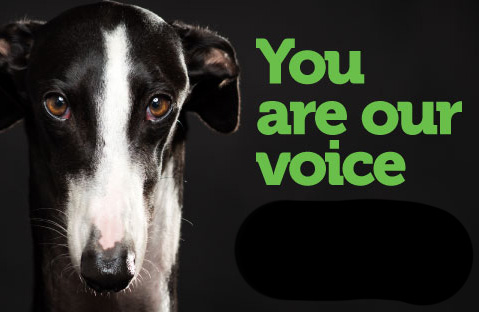End Whip Use in Racing —
Real Science, Real Change
The use of padded whips in horse racing has come sharply into the public eye following a landmark decision in the Devonport Magistrates Court, which found a Tasmanian trainer guilty of animal cruelty for her use of the whip. On 6 August 2025, the Court convicted Ms Liandra Gray of one count of cruelty to animals under the Animal Welfare Act 1993 after an RSPCA Tasmania investigation revealed that she had struck a horse named The Bolt more than 40 times with a whip, causing pain and suffering.
Ms Gray pleaded guilty to the offence. In sentencing, the Court took into account her personal circumstances and lack of prior convictions but emphasised the seriousness of the conduct and the shifting community expectations around animal cruelty. The Court acknowledged that The Bolt was restrained by a bridle, vulnerable, and in pain for approximately four minutes. The behaviour was deliberate, intentional, and involved multiple applications of force. His Honour noted that even as a single episode, the actions caused moderate to severe suffering.
The Court imposed a fine of $2,000 and $101.22 in costs — and while no further orders were made, the case is very important. It is the first time in Tasmania that whip use in racing has resulted in a conviction for animal cruelty. This decision signals a significant cultural and scientific turning point: that hitting animals for sport is no longer acceptable in a society that values empathy, evidence, and humane treatment.
RSPCA Tasmania stands firmly for reform. Whip use in racing has long been defended as traditional or necessary, but contemporary research and animal welfare science tell a different story. Evidence from leading behaviourists and veterinarians confirms that even padded whips cause real pain and distress to horses. As horse behaviour expert Professor Paul McGreevy states, “Repeated strikes of the whip in horses that are fatigued as they end a race are likely to be distressing and cause suffering. A horse’s loss of agency as it undergoes this kind of repeated treatment is thought to lead to learned helplessness.”
RSPCA research demonstrates that current whip rules are confusing, inconsistently enforced, and ineffective in protecting animals from harm. Whip use continues despite these failings, suggesting the need for a cultural rather than regulatory shift. “Whip rules aren’t stopping the pain,” says RSPCA Tasmania CEO Andrea Dawkins. “This conviction and the research behind it prove that racing must evolve.”
The community agrees. More and more Australians are questioning the ethics of whipping animals for entertainment or profit. Philosopher Professor Bernie Rollin has long argued that the spectacle of whipping horses undermines the compassion we try to teach our children, sending mixed messages about kindness, empathy, and respect for living beings.
RSPCA Tasmania’s campaign — End Whip Use in Racing: Real Science, Real Change — calls for an end to whip use for performance. We invite the public, industry participants, and policymakers to join us in envisioning a future for racing that reflects community values and scientific understanding.
Let horses be horses. Let compassion lead. The evidence is clear, the conviction has been made, and the time for real change is now.
The International Comparison of Whip Rules
1) Safety-only (no whipping for performance)
- Norway – Long-standing policy: carrying allowed, use only for safety (effectively a performance ban). Racing Post+2TDN+2
- Sweden & Denmark – Since 2022, rules adopted that permit whip use for safety only (industry reporting at the time). BloodHorse
Practical meaning: Jockeys may carry a whip but cannot strike to make the horse go faster—only to avert danger.
2) Permitted with strict limits (number/technique/zone)
- United Kingdom (Great Britain) – Max 6 on the Flat / 7 over Jumps; tougher penalties incl. disqualification for serious breaches; backhand-only, shoulder-height limits. Racing TV+2Ireland Live+2
- France – Max 4 total (since May 1, 2023). France Galop+1
- Germany – Max 3 total (since Jan 1, 2023). RACING.COM+2Deutscher Galopp+2
- Ireland – Limits and escalating penalties under IHRB Regulation 10 (frequency caps and sanction bands updated in 2024). IHRB+1
- United States (Thoroughbred) – National HISA crop rule: max 6 strikes per race, with defined sanction tiers and purse DQs for higher-class breaches. (New Jersey’s prior safety-only rule was rescinded to align with HISA.) Horse Racing Free Tips+3Past The Wire+3HISA+3
- Hong Kong – Use permitted with controls; as of 2025/26 season, no consecutive strides before the 100-metre mark; arm not above shoulder height, etc. Racing News+1
- Australia – Use permitted under Racing Australia rules (e.g., pre-100m constraints, height/zone limits); enforcement and welfare concerns highlighted in RSPCA (June 2025) paper. RSPCA Knowledgebase+1
- New Zealand – Use permitted with limits and penalty guidelines under NZTR/RIB; periodic updates (2023–2024). NZTR+1
- UAE (Dubai/ERA) – Use permitted with rules/penalties under Emirates Racing Authority regulations. Cloudfront
- Japan – Use permitted with controls under JRA Rules of Racing (English reference edition current to June 1, 2025). Horse Racing in Japan
3) Context/notes
- Scandinavia is the clearest regional example moving to safety-only (Norway for decades; Sweden & Denmark since 2022). Racing Post+1
- Singapore closed its racing program in Oct 2024 (so current comparisons exclude it). Reuters+1
Quick reading of the landscape
- Completely whip-free (for performance) is still rare: Norway (and, by policy reports, Sweden & Denmark) are the standouts. Racing Post+1
- Most major jurisdictions (UK, France, Germany, Ireland, USA, HK, Australia, NZ, Japan, UAE) still allow whipping for performance but cap the number and/or restrict technique and zones, with stiffer sanctions emerging (DQ, longer bans, higher fines). Cloudfront+9Ireland Live+9France Galop+9
